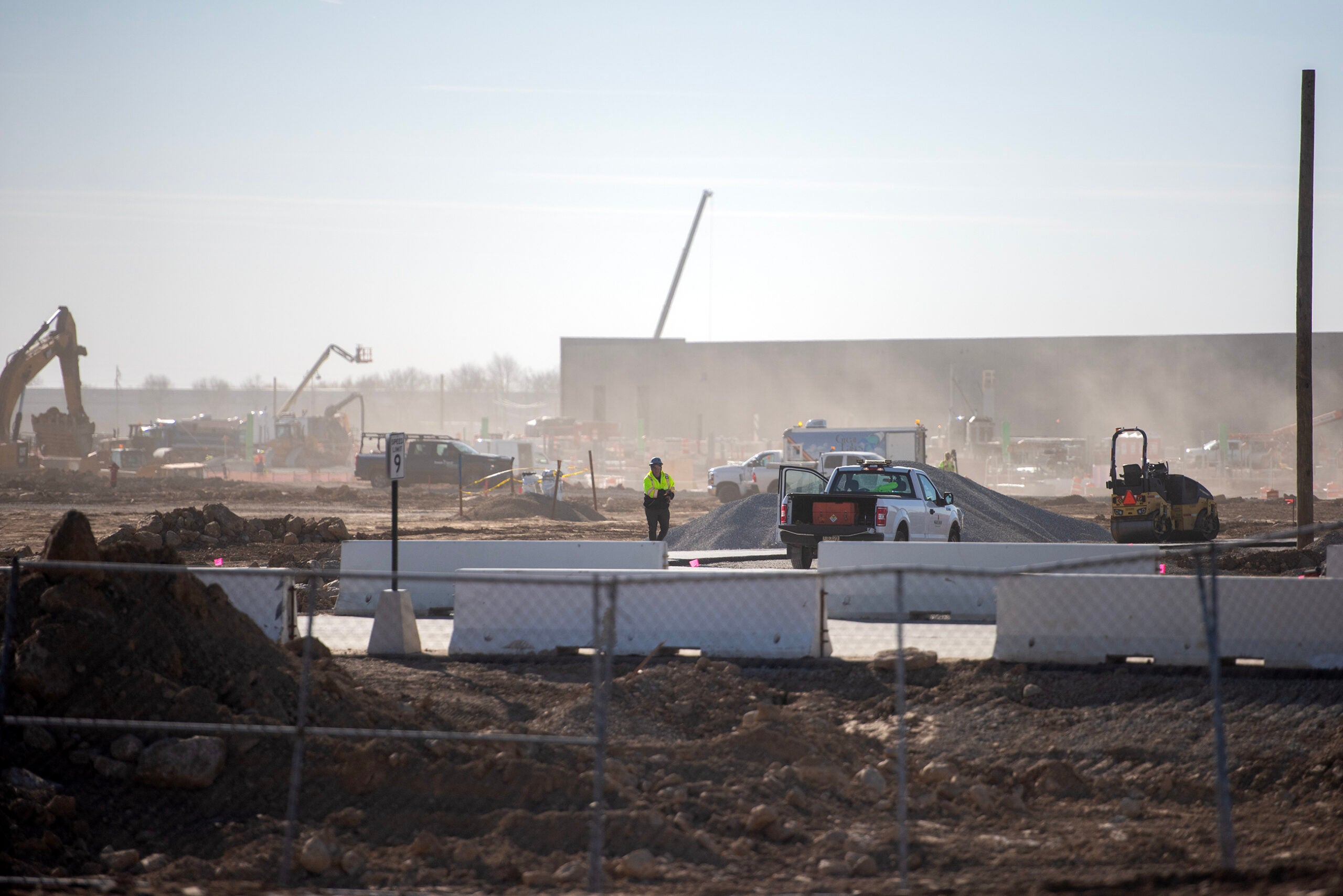For the second year in a row, Wisconsin small businesses received over $1 billion from federal government contracts in 2022.
That’s according to the 2022 Federal Procurement Scorecard, released this week by the U.S. Small Business Administration, or SBA. The scorecard tracks how much federal agencies spent at small businesses last year.
Of the nearly $6 billion spent on federal contracts in Wisconsin, about one-sixth of those funds went to small businesses in 2022, according to the SBA. The year prior, Wisconsin small businesses received $1.1 billion from federal contracts. Such businesses accounted for over 20 percent of federal purchases in the Great Lakes region.
News with a little more humanity
WPR’s “Wisconsin Today” newsletter keeps you connected to the state you love without feeling overwhelmed. No paywall. No agenda. No corporate filter.
Nationally, 26.5 percent of federal contracting dollars — or $162.9 billion — were awarded to small businesses in 2022, equating to an $8.7 billion increase from the previous year, according to the SBA.
Federal data shows government contracts to Wisconsin small businesses last year ranged from being worth thousands of dollars to millions of dollars. The agencies that had the two biggest small business contracts in the state were the Department of Defense and the Environmental Protection Agency. Those contracts were worth $109 million and $78 million, respectively.
Gerri Aglipay, the Great Lakes region administrator for the SBA, said federal purchases from small businesses extend well beyond physical goods.
“The federal government is purchasing services, such as engineering, computer programming (and) cybersecurity services,” she said. “They also purchase construction-related services, too.”
Eric Ness, director of the SBA’s Wisconsin District, said the federal government is the world’s biggest purchaser of goods and services.
“We want to make sure Wisconsin businesses have access to it,” he said. “We’ve really been focusing on (helping) businesses to understand what federal government contracting is, and then how they can take advantage and be able to be in a better place to get those contracts.”
The SBA does that through a variety of programs. One of those programs includes establishing a Historically Underutilized Business Zone, or HUBZone.
Ness said the HUBZone program aims to help small businesses in areas with high unemployment and low incomes compete for federal contracts to help improve the local economy. Last year, the SBA approved creating new HUBZones in Jackson and Marinette counties.
“We were able to work with the governor’s office to bring Jackson and Marionette counties in so that they would have opportunities to get federal contracts for their small businesses,” Ness said. “But there are a lot of HUBZones around the state. In northern Wisconsin, a number of the counties are HUBZones, and Madison and Milwaukee have HUBZone areas in them.”
Beyond HUBZones, the SBA also offers the 8(a) Business Development Program, which helps train socially and economically disadvantaged businesses in navigating government contracts. Aglipay said the 8(a) program also serves as a springboard to make participating businesses become better known in a particular industry.
“It helps to strengthen that business, so that they’re going to get noticed and have the opportunities to have contracts with private sector industries who are going to see the good work that they do with the federal government,” she said.
One Wisconsin business that took advantage of that program is Great Lakes Power Vac, a woman-owned business based in Pewaukee.
Founder and President Greta Smith-Bemi said in a statement the program helped her business secure a contract with Naval Facilities Engineering Systems Command, as well as other contracts and subcontracts.
“Working on federal projects helped (Great Lakes Power Vac) to professionalize and refine our programs to fulfill numerous quality assurance requirements,” she said in a statement. “In the long run, this has been a benefit in working with other clients.”
Aglipay added that using the federal government’s vast purchasing power to support small businesses helps enrich local communities. A 2019 SBA report found small businesses create two-thirds of net new jobs and account for 44 percent of U.S. economic activity.
“It makes sense to also diversify their revenue streams by having the United States government as a customer,” Aglipay said. “They get paid on time, it’s a reliable revenue stream and it also helps to support a federal marketplace.”
Wisconsin Public Radio, © Copyright 2025, Board of Regents of the University of Wisconsin System and Wisconsin Educational Communications Board.






